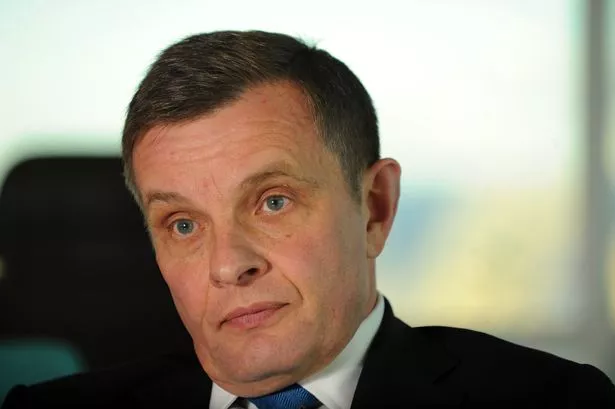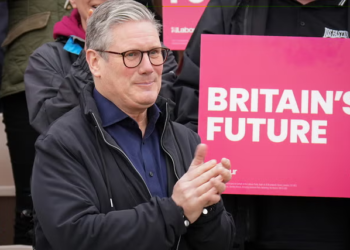In a private conversation with colleagues, Jeremy Hunt revealed that he was unable to raise the value-added tax (VAT) threshold for businesses beyond the current limit due to European Union (EU) regulations.
This revelation comes in the wake of the recent budget announcement by the Chancellor. In the budget, it was declared that businesses with a turnover of less than £90,000 would be exempted from paying VAT, an increase from the previous threshold of £85,000.
Hunt had informed several Members of Parliament before the budget that he could not push the threshold higher than £90,000. The reason behind this limitation, as explained by Hunt, is the Northern Ireland protocol agreed upon with the EU.
This disclosure sparked frustration among Brexit-supporting members of the Conservative Party who are critical of the Northern Ireland protocol. This protocol outlines the post-Brexit relationship between Northern Ireland, the UK, and the EU, and the revelation about the VAT threshold added fuel to the existing criticisms of the agreement.
Conservative Members of Parliament (MPs) and various small business advocacy groups had been pushing for a substantial increase in the VAT threshold for UK businesses. The New Conservatives, a faction of right-wing Tory MPs, proposed raising the threshold to £250,000, while the Federation of Small Businesses advocated for an increase to £100,000.
However, Jeremy Hunt stated that due to the protocol concerning Northern Ireland, it would be impractical to raise the threshold beyond £90,000. According to Hunt, such an increase would only be feasible for businesses in Great Britain, potentially resulting in a different VAT system for Northern Ireland.
A source from the Treasury stated that the Chancellor is hesitant about implementing disparate VAT rules between Great Britain and Northern Ireland, thus influencing the decision-making process regarding the VAT threshold.
Jacob Rees-Mogg, the former business secretary, stated, “It is ridiculous that our VAT policy is still decided in Brussels, especially as the threshold level is so economically important. It deters small businesses from growing and adding employees as they suddenly become 20% less competitive.”

David Jones, deputy chair of the Brexit-backing Conservative caucus of the European Research Group, said it was a “great shame because the VAT threshold is too low, it’s dissuading people from setting up a business or expanding their existing businesses”.
He also stated, “The £5,000 increase is welcome but really colleagues were talking in terms of doubling the threshold. If it can’t be done because of the arrangements with the EU, then really the government ought to go back and start talking to the EU about it.”
VAT Decision To Level Playing Field
The Treasury highlighted that the decision to raise the VAT threshold to £90,000 would result in approximately 28,000 small businesses across the UK being exempt from paying the tax. This change is set to come into effect on April 1 2024 and marks the first increase in seven years.
As part of the negotiated Northern Ireland protocol and the Windsor framework led by Rishi Sunak, the UK is obligated to adhere to the European Union’s €100,000 VAT threshold when formulating VAT regulations in Northern Ireland.
This measure is designed to prevent businesses in Northern Ireland from enjoying a tax advantage over their EU counterparts, thus ensuring a fair and equitable business environment, often referred to as a “level playing field.”
Furthermore, a 2-percentage-point reduction in national insurance was implemented, impacting approximately 27 million workers. This reduction follows a similar cut announced in the autumn statement.
On average, this means a yearly saving of around £900 for the typical worker.
Previously set at 12%, earners will now contribute 10% of their taxable salary towards national insurance.
Hunt told MPs “We will continue to cut national insurance contributions as we have done today so we truly make work pay.”





















